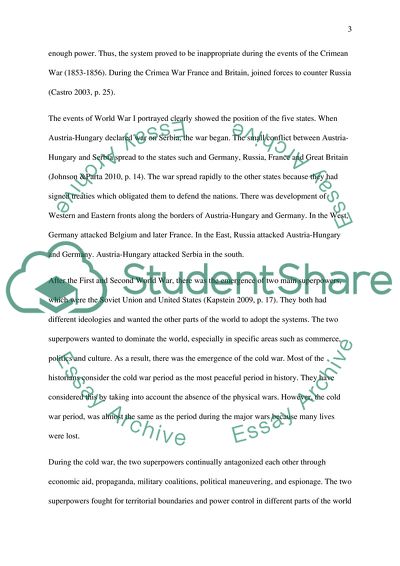Cite this document
(Are We Living in a Unipolar World Coursework Example | Topics and Well Written Essays - 1500 words, n.d.)
Are We Living in a Unipolar World Coursework Example | Topics and Well Written Essays - 1500 words. https://studentshare.org/social-science/1869038-are-we-living-in-a-unipolar-world
Are We Living in a Unipolar World Coursework Example | Topics and Well Written Essays - 1500 words. https://studentshare.org/social-science/1869038-are-we-living-in-a-unipolar-world
(Are We Living in a Unipolar World Coursework Example | Topics and Well Written Essays - 1500 Words)
Are We Living in a Unipolar World Coursework Example | Topics and Well Written Essays - 1500 Words. https://studentshare.org/social-science/1869038-are-we-living-in-a-unipolar-world.
Are We Living in a Unipolar World Coursework Example | Topics and Well Written Essays - 1500 Words. https://studentshare.org/social-science/1869038-are-we-living-in-a-unipolar-world.
“Are We Living in a Unipolar World Coursework Example | Topics and Well Written Essays - 1500 Words”. https://studentshare.org/social-science/1869038-are-we-living-in-a-unipolar-world.


